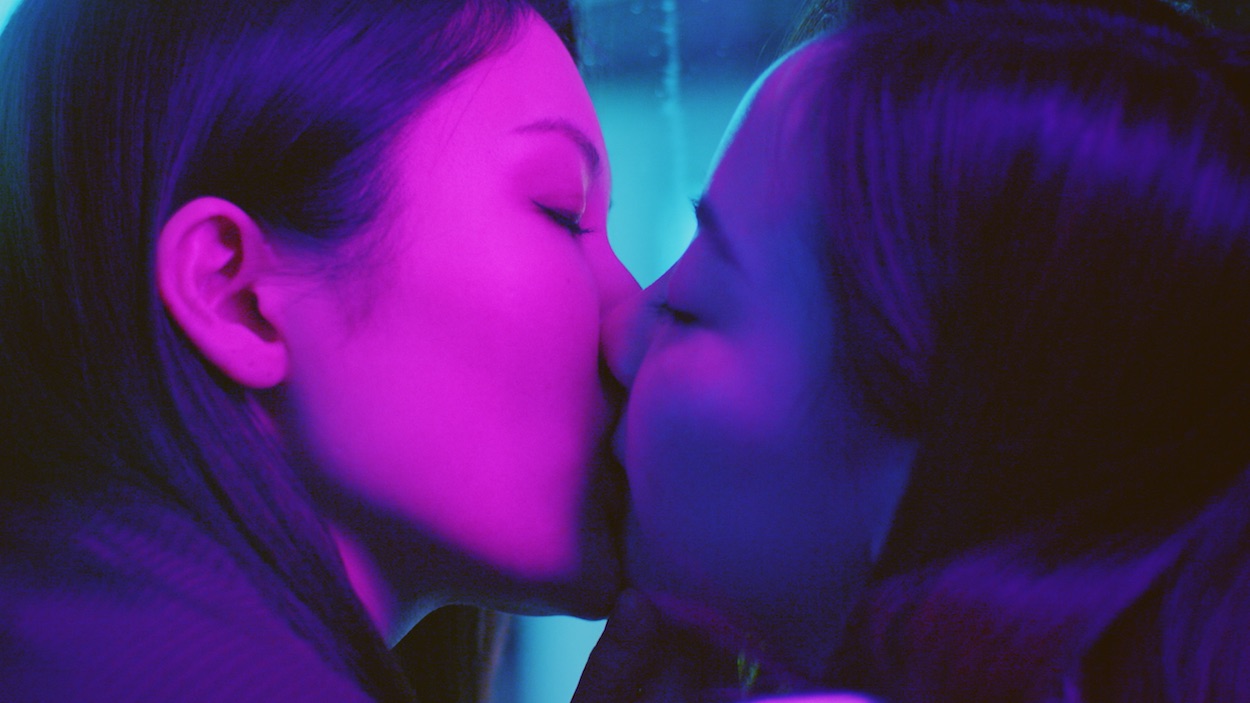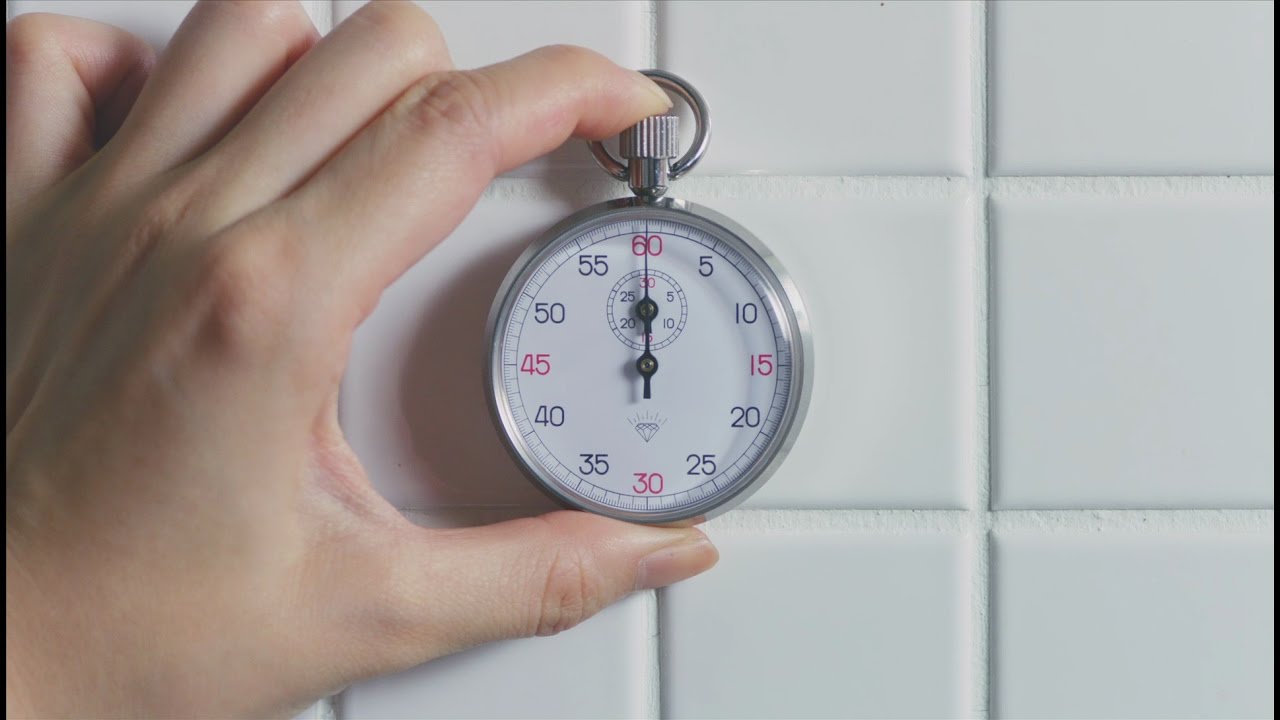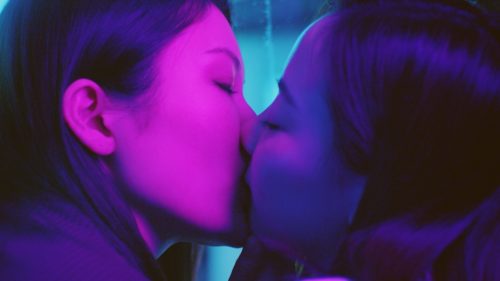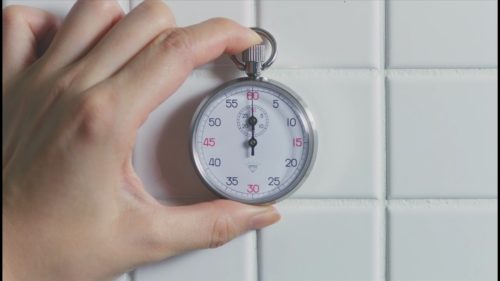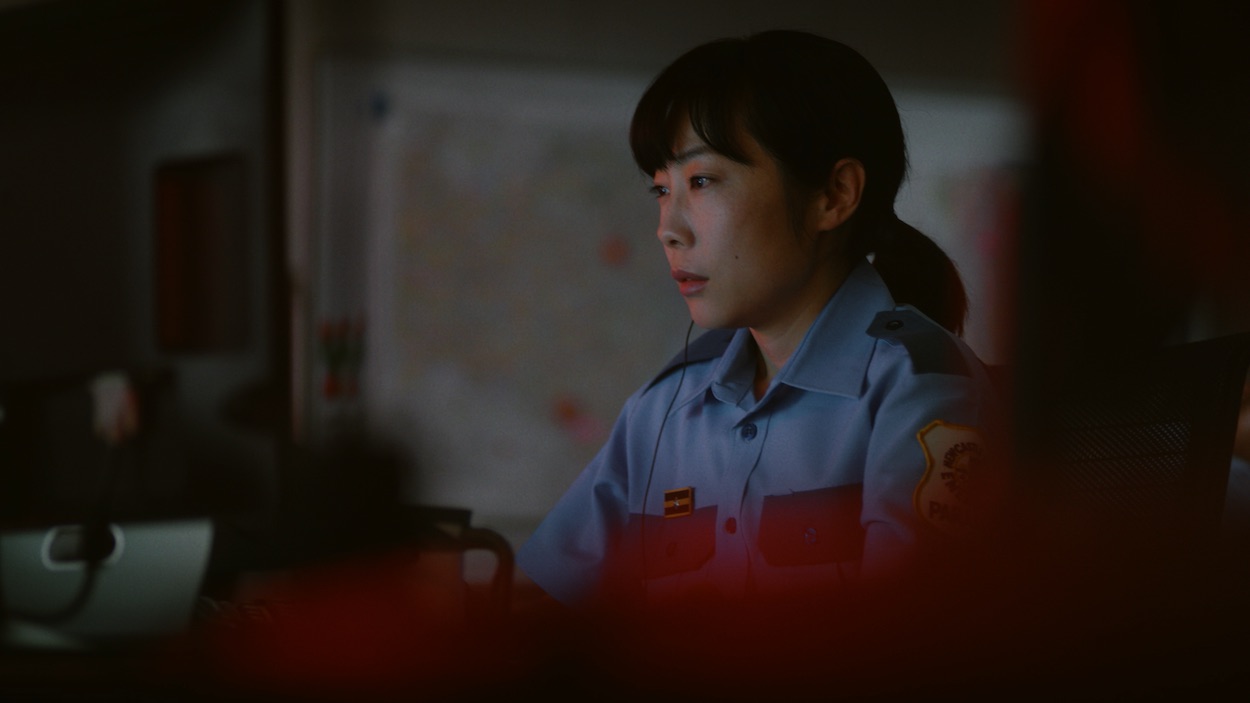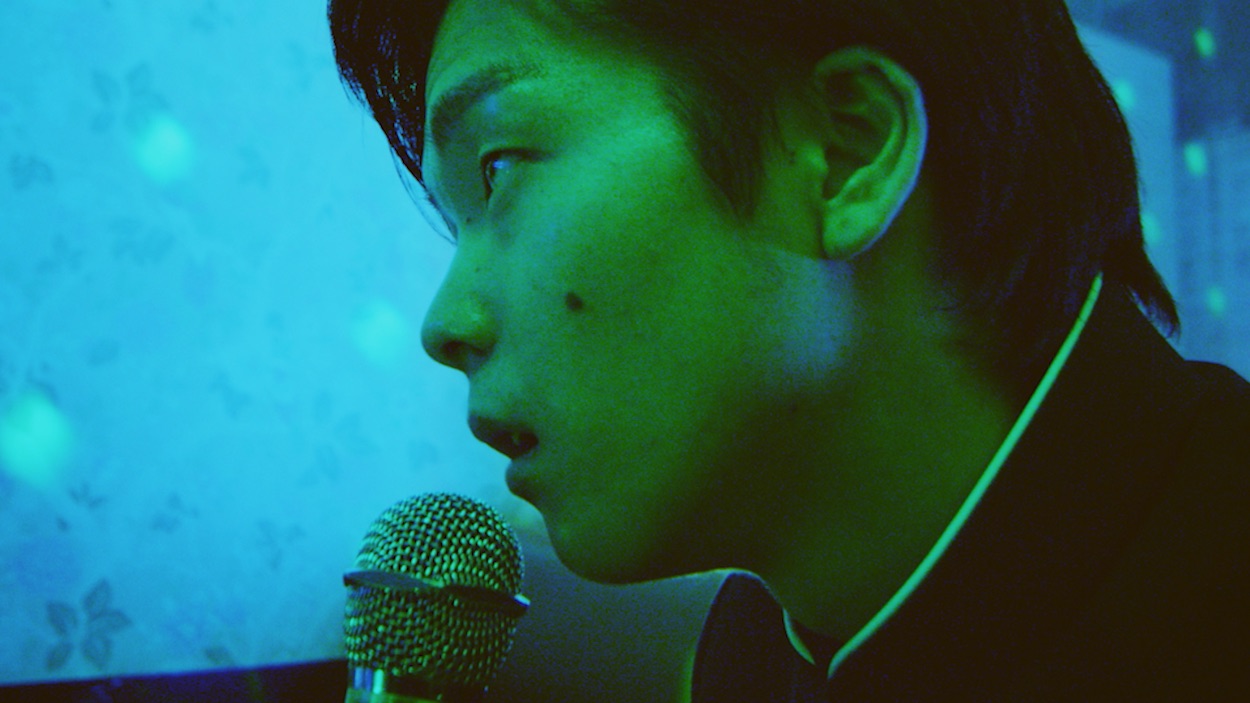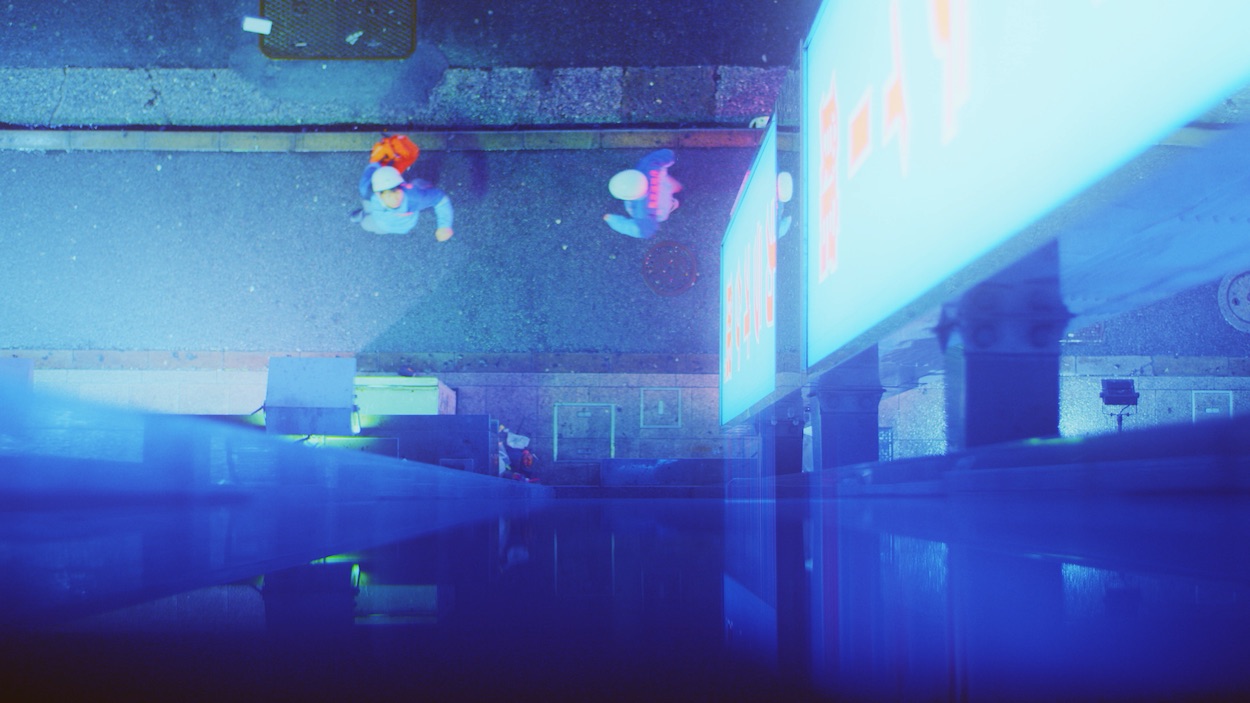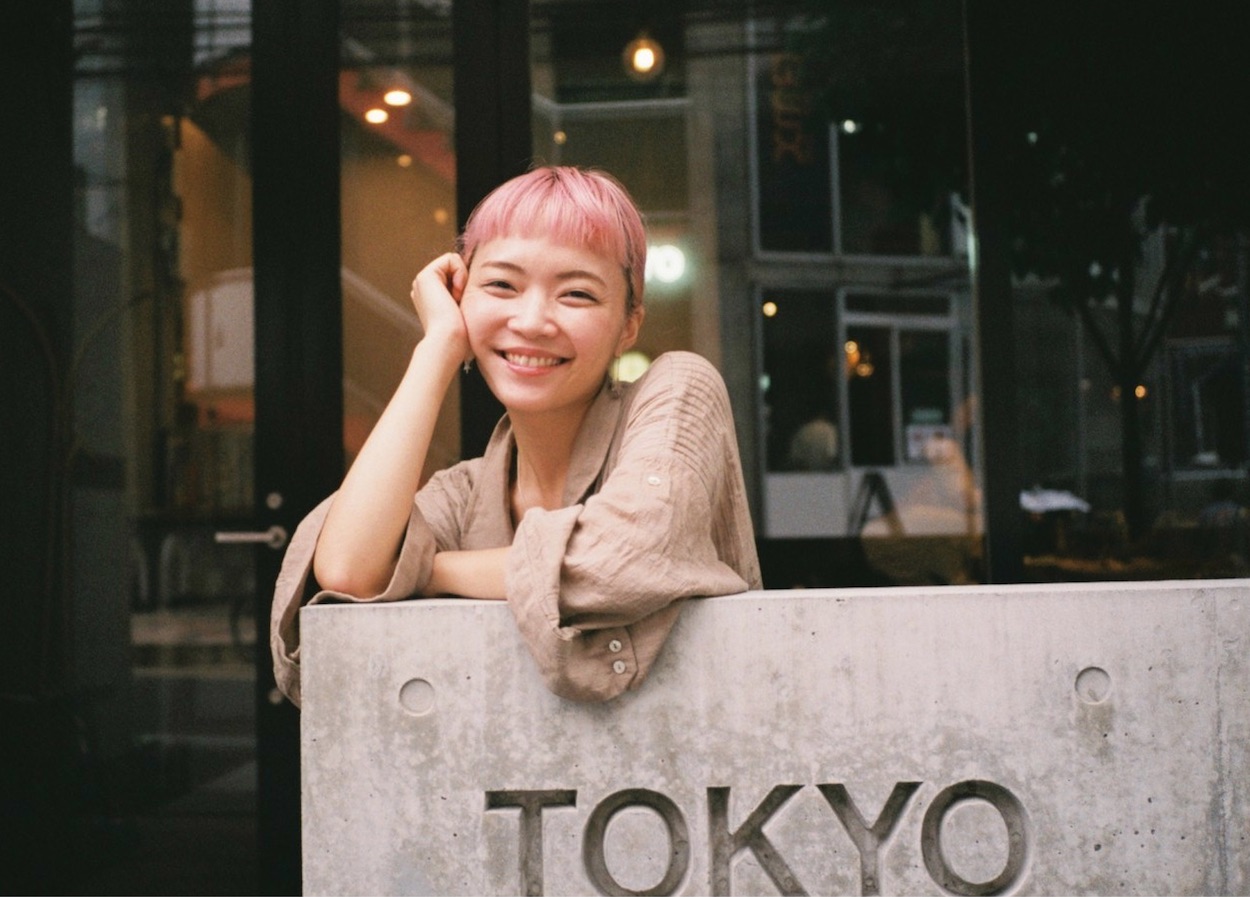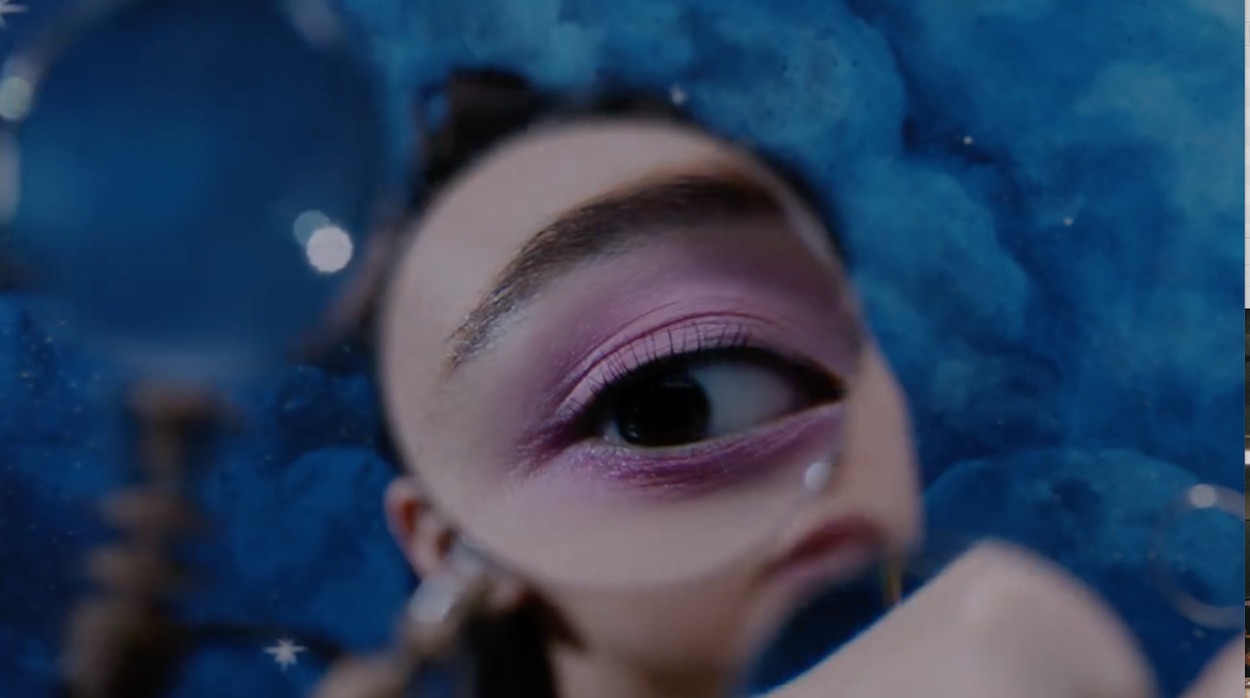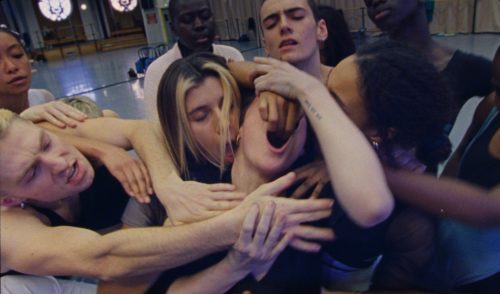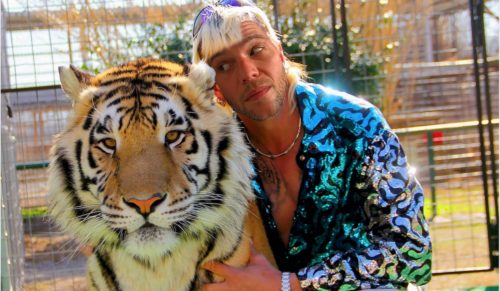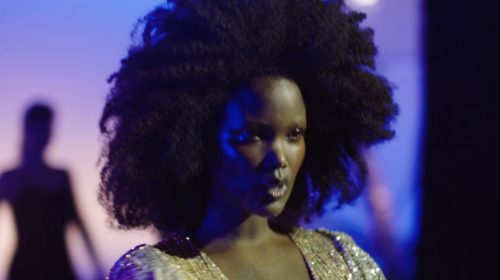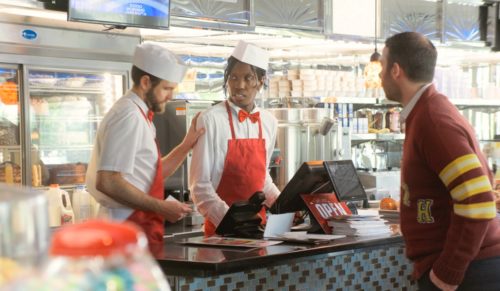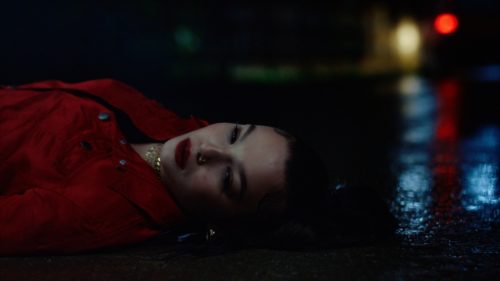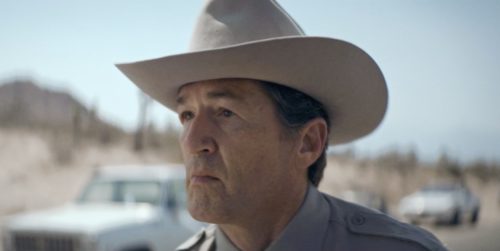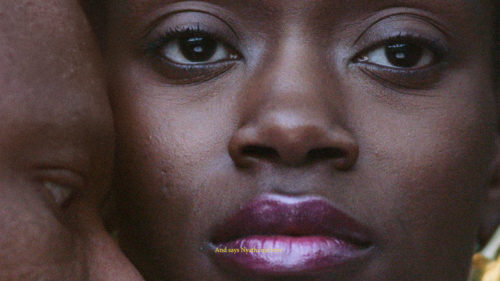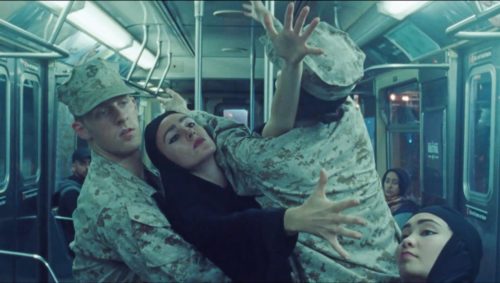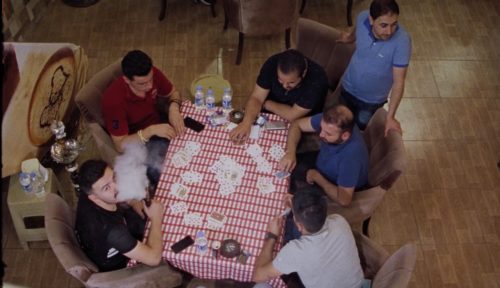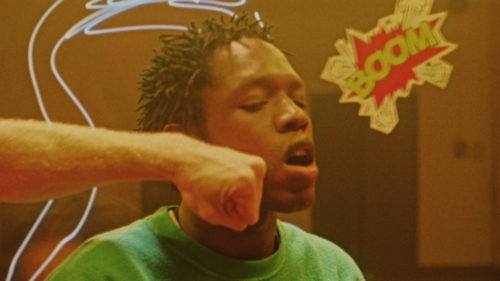I’ve watched your film Midnight at least ten times now and I still get the chills when I view it. What triggered the idea to write this particular story?
Firstly, I am so grateful that you’ve watched this intense film over and over again. Thank you!
For this film, an image initially came to me of a girl who was on the verge of death in a Karaoke box, whilst a bunch of people danced and had fun with their friends, and young couples made out. Since then, I’d always hoped to create this visual in one of my films – it was an idea that I nursed for a long time.
With my creative process, I start with an image or visual, and then I start putting scripts together.
The casting of the lead actor is very strong. What was your criteria for the role and how did you find her?
I used to have a part-time job at a movie theater when I was in Uni. There was a movie premiere one day, with the director and actors on stage, and the lead actor of “Midnight” (Maho Yamada) was there. That’s how I came to know her.
For a while, we had a really hard time with casting. We did big auditions, but weren’t able to find the one. That’s when I saw “The Long Excuse (2016),” directed by Miwa Nishikawa and starring Maho, and her performance blew me away again. I begged the producer to have Maho play the lead in my short. We quickly sent the treatment and just three days before the shoot, she agreed!
The schedule was that tight, but I was tenacious about the casting, so I ended up searching until the last minute to find the right one. I was over the moon when I heard Maho would take the role, and it might sound weird, but I put a lot of trust in her before the shoot began, even though we had never spoken in person.
How did you go about directing her – nothing is over acted, you can see and feel what she is thinking !
When I was working on the script, I did a lot of research on emergency call operators. It was difficult to gather the facts as it’s an occupation that’s not publicly disclosed very often, but one interesting finding was that, since all the operators receive dramatic, extraordinary calls every day, they always respond in an incredibly calm manner. It’s as if they are a machine, casting aside personal feelings and emotions. And that’s what makes them professionals.
I just asked Maho to act mechanically without any personal feelings involved, because what seems out-of-the-ordinary to us, is normal for the call operators. Maho understood that very deeply and reflected it in her performance.
Your film is very expressive of your own visual language – from the cinematography to the edit to the grade. Please tell us about your creative process and methods. Did you detail the framing and lighting of each scene in pre-production?
I speak Japanese, English and Chinese but I still feel the complexity of how verbal communication easily leads to misinterpretation. On the other hand, nonverbal expressionenables you to communicate visually, and I personally really try to embrace that part of the process. I’m so honored that you say I have my own visual language, thank you!
My work relies a lot on the bond I have with the DP. I always draw my storyboards meticulously, but that is just a means of sharing what I’m seeing in my head, not an instruction of how I want to shoot. I always leave some creative freedom to the DP, making sure we’re on the same page, shooting good moments and vibes that we feel on set.
As far as the lighting was concerned, I wanted to depict the operator room and the karaoke box being at opposite ends of the spectrum. Therefore, I had the karaoke box set up with many colours in a neon tone, and lots of mirror balls lol.The operator room was dim and gloomy, so you could get the impression of the protagonist emerging from dark obscurity.
As for the grading, the theme I had for this film was rather intense and to simply follow that tone would have made the film too cold and dark, but I thought by going in the opposite direction, and grading with vibrant colours, that this would emphasize the liveliness of the characters, adding depth to the story.Many people mentioned after seeing my film, that they felt my character in the grading, so that was a new discovery for me on how people perceive me.
Did anything serendipitous happen during the production that changed the outcome of the film?
Difficult to pick one, but the funniest was in the corridor at the karaoke. The walls were filled with famous anime characters from a certain major anime studio. The producer warned me that those characters could not be in the picture, or else we should change the location. But for me, that location was perfect. I discussed with the DP and we came to a conclusion where we made the background really blurry so that everything was indiscernible. As a result, that added a mysterious feeling to the space and also created a tense atmosphere that I was very pleased with overall. It all turned out great!
Were there time and budget restraints and if so how did they affect the shoot?
Every project has time and budget restraints and we always have to strike a good balance between the two, but I personally think that there are ideas that come to me because of those restraints.For this film, I vaguely had in mind the amount of time and budget I had for the shoot, so from when I was writing the script, I tried to keep the settings to a minimum. Then I came up with the idea of shooting the actors in tight shots to carefully depict their acting, and then edit them like a montage.
Is there anything else you’d like to tell us about the film?
For the audition of the girl who’s going to commit suicide, we kind of experimented and tried it in a way we usually don’t. The role was only voice acting, so we built a divider between us and the girl, and then let them talk freely about the most difficult times of their lives. We auditioned around 70 girls and, surprisingly, about 80% of them mentioned being bullied. I was very shocked by that result but it made me realize that being bullied is not something to be ashamed of. Most people feel embarrassed of that past and tend to hide it inside themselves, but actually, almost everyone has experienced this, so there’s absolutely no need for us to feel ashamed or inferior because of bullying.
Were you brought up in a particularly creative background? Please describe your childhood.
I was brought up in a preposterously ordinary family. Healthy parents, a brother and a sister and a dog. The dog’s name was even ordinary. Of course, the mixed race population isn’t that high in Japan, so maybe in that way I might have grown up in a slightly different environment, but still, nothing major. I had a Taiwanese mother who loved the Japanese art of flower arrangement, so I was surrounded by flowers. Also in Japan, there’s a culture where you have to take bento (lunch box) to school. Japanese mums are so good at creating sensitive, colourful, kawaii bentos. But my Taiwanese mum made rather simple, plain bentos that I was sometimes laughed at for. There are several things that I notice when I look back, maybe at times I was discriminated against, but when I was little, most of those things seemed so normal to me that I didn’t even notice.
But anyway, there’s nothing that special about my childhood. Spending weekends doing nothing at home, sometimes going on boring family trips, it was so typical that I now feel that this ordinary background formed my sensitivity.
Nowadays, I have come to think that there’s more value in being normal than in being special. Because of my generality, I can gain wide acceptance. I can go beyond the norm, because I know what normal is. Recently – on social media too – people are so desperate to be special, but I want to say that there is value and attractiveness in being just the way you are.
When did you realise you wanted to direct?
When I was in high school, I just absolutely hated school. So I spent most of the time skiving off school and going to movies and museums. From then on, I started to hope that I would work in a creative field. Not that I had excelled in drawing pictures or was skillful at writing, and without a doubt my parents were against all this, telling me that artists are people with special talents, but I went to an art university and made movies anyway. And by the course of nature, I became a director.
Please tell us about your background – how did you learn the craft of filmmaking?
At art university in Japan, it’s not like you get taught the basics of how to shoot films. You just have to work it out yourself, so I honed my research skills progressively then. It’s a skill that I’ve acquired myself because I wasn’t given it, and I appreciate that very much.
The biggest turning point for me was when I joined TOKYO and saw how big productions work. Until then, I had only seen small productions, so I gained so much knowledge at TOKYO. But still, it’s more like you absorb from what you see, instead of being taught, so the skills I cultivated at Uni come in handy!
You speak English incredibly well – do you have any desire to work in Europe?
I would definitely want to work in Europe!! I feel it unnatural being bounded by race or sex or nationality in such a globalized world. But I cannot ignore the fact that there are still cultural and language barriers between Asian directors and the world. There are many people who don’t speak English from a cultural point of view, and many who feel distant from the world subconsciously, feeling like they don’t belong out there. But I’m the one who wants to dive in and challenge those obstacles. Not sure whether I believe there are such walls so I have to find out myself!
There’s a strong sense of artistic production design in your commercial work. How much do you contribute to the ideas of the films such as Van Houten Cocoa which is such a simple but effective idea to the more complicated chain reaction film for Shesheido. How do you figure out all the mechanics of the production?
For both Shiseido and Van Houten Cocoa, I was involved from the planning stage but I have strong feelings for Van Houten especially. Based on a theory that people feel relaxed when they see something spinning continuously, we challenged ourselves to visualise the simplest idea. I usually join from an earlier stage compared to other directors, and in that sense, I feel unity within the team, that we are creating something from scratch together, facing the same direction. Shoots, or should I say this industry as a whole, can be harsh, both mentally and physically, so I always try to have fun on set and make sure all the crew get the happy ripple effect too.
Is there anything else you’d like to share?
I’m hoping to challenge myself with feature length narratives and music videos next, so please feel free to hit me up, I’m always open to any collaboration!
LINKS:
Jo is represented by TOKYO
MIDNIGHT
Director: Jo Motoyo
Production Company: TOKYO/Taiyokikaku.co.ltd
Producer: Maiko Shimada
Honda, DCT
Production, Edit: TOKYO
Director : Motoyo Jo Uzawa
Producer : Hide Nagasawa, Maiko Shimada
Production Manager : Tomoko Morishige
Editor : Ryuichi Hasegawa
